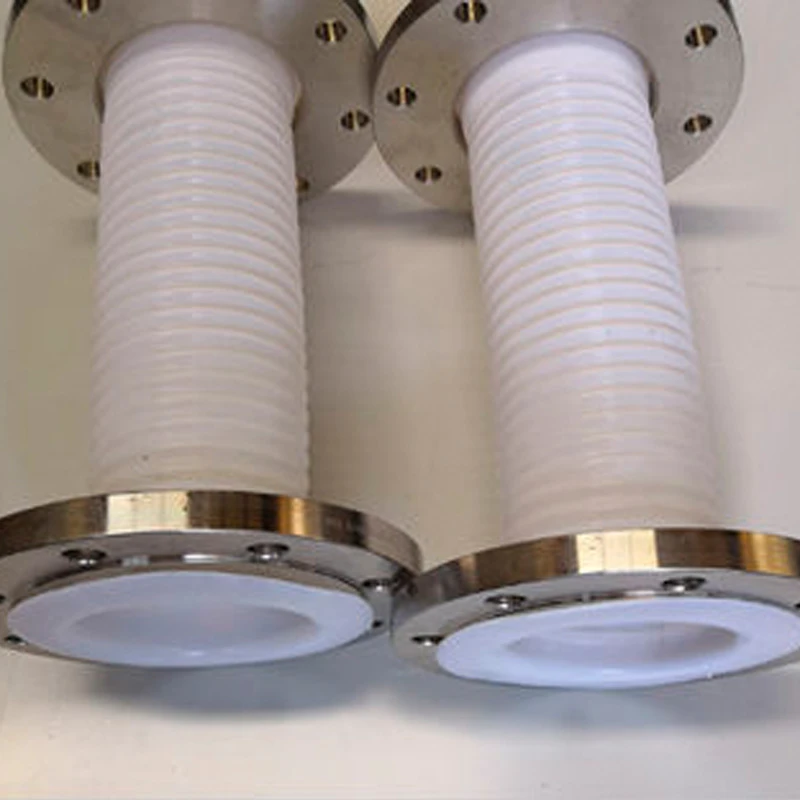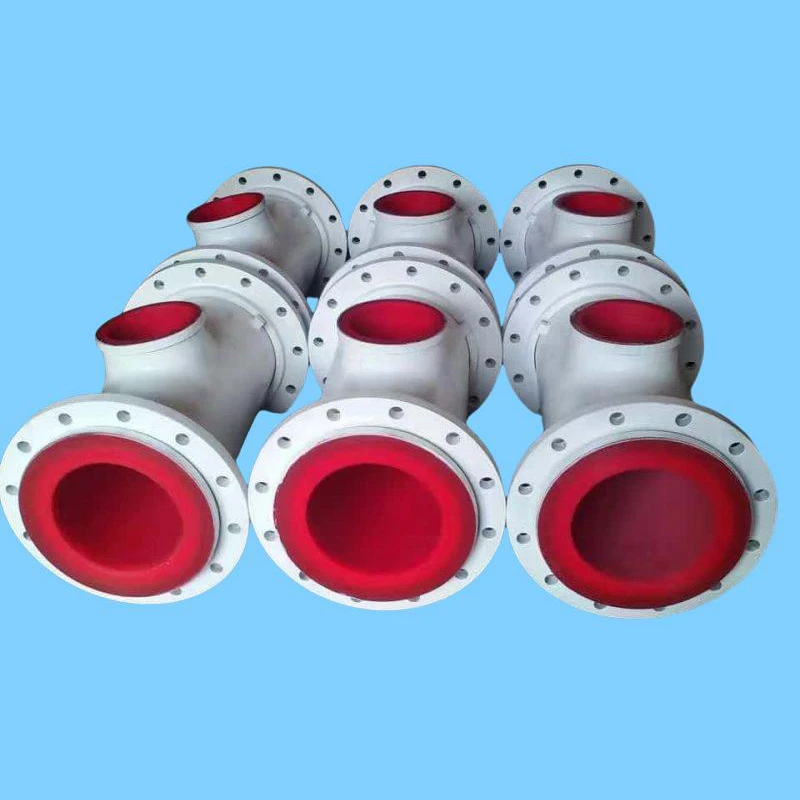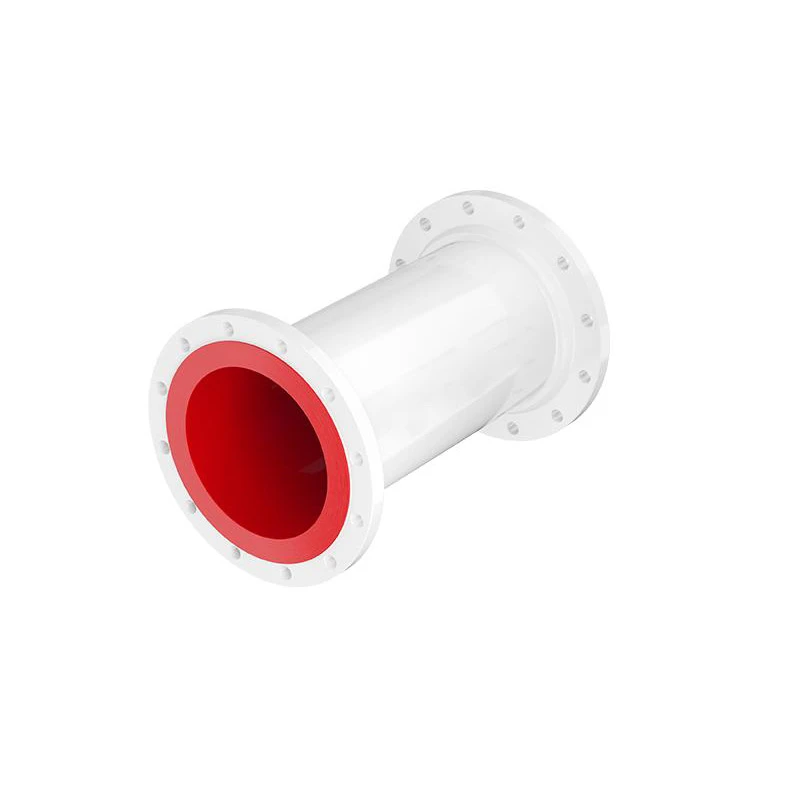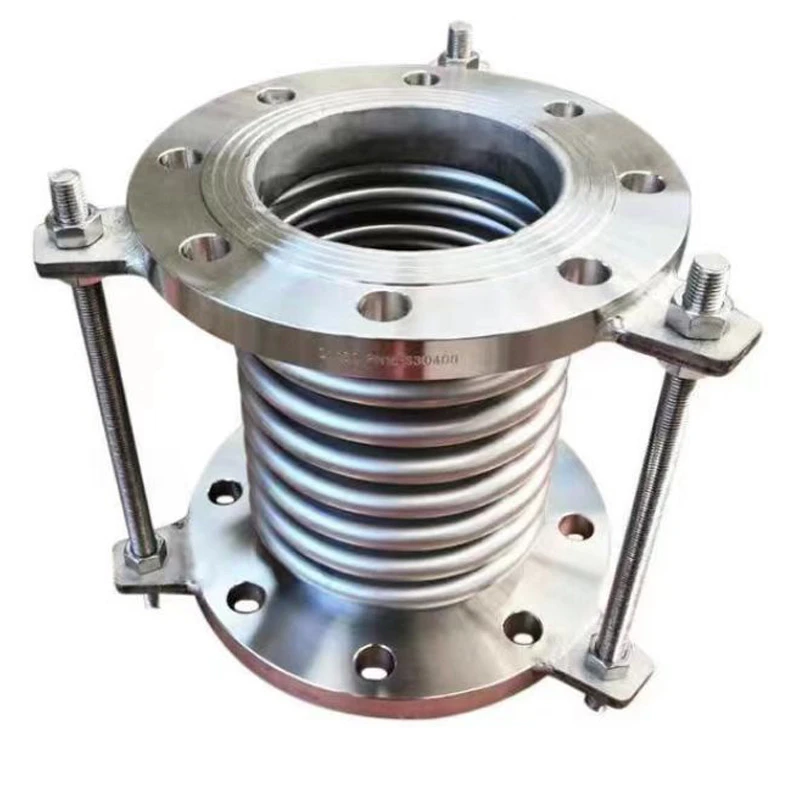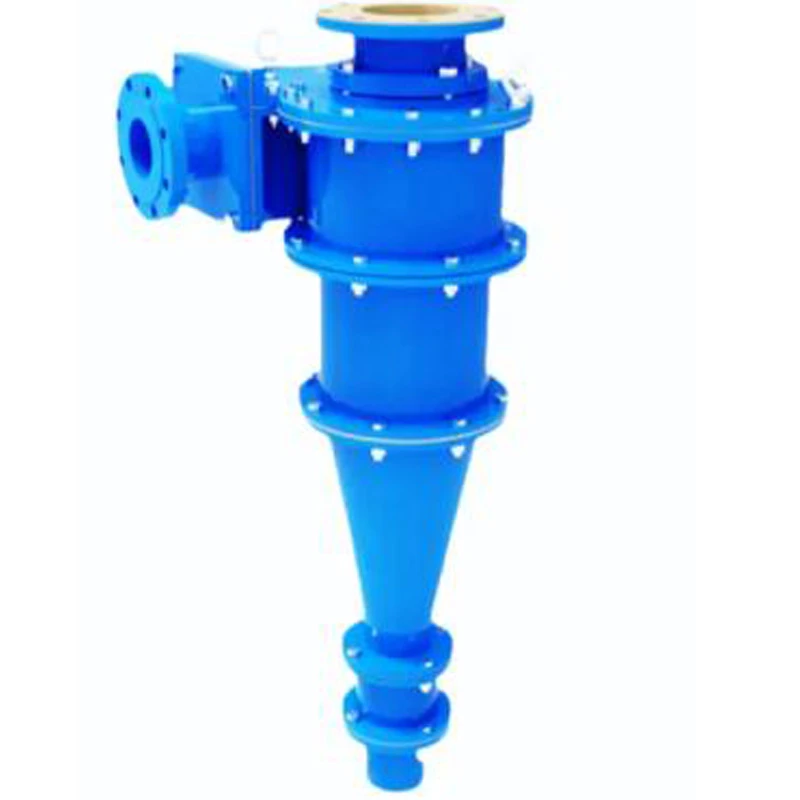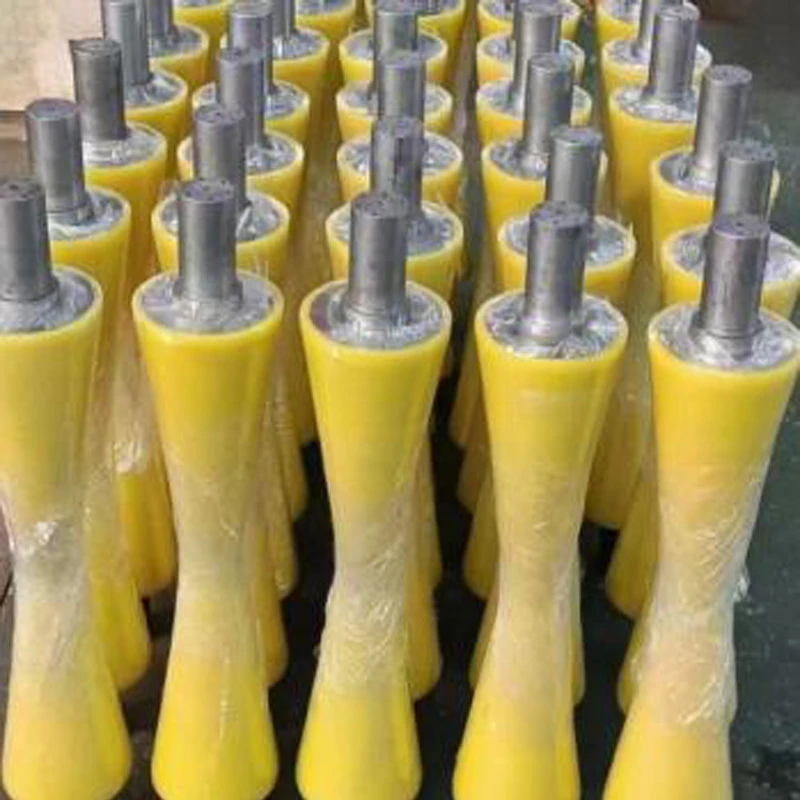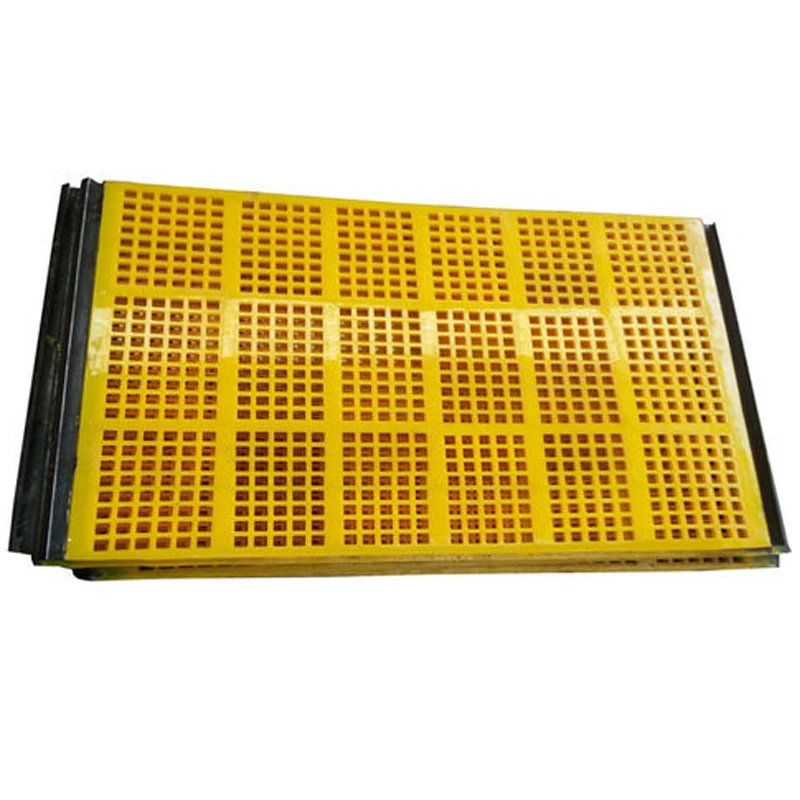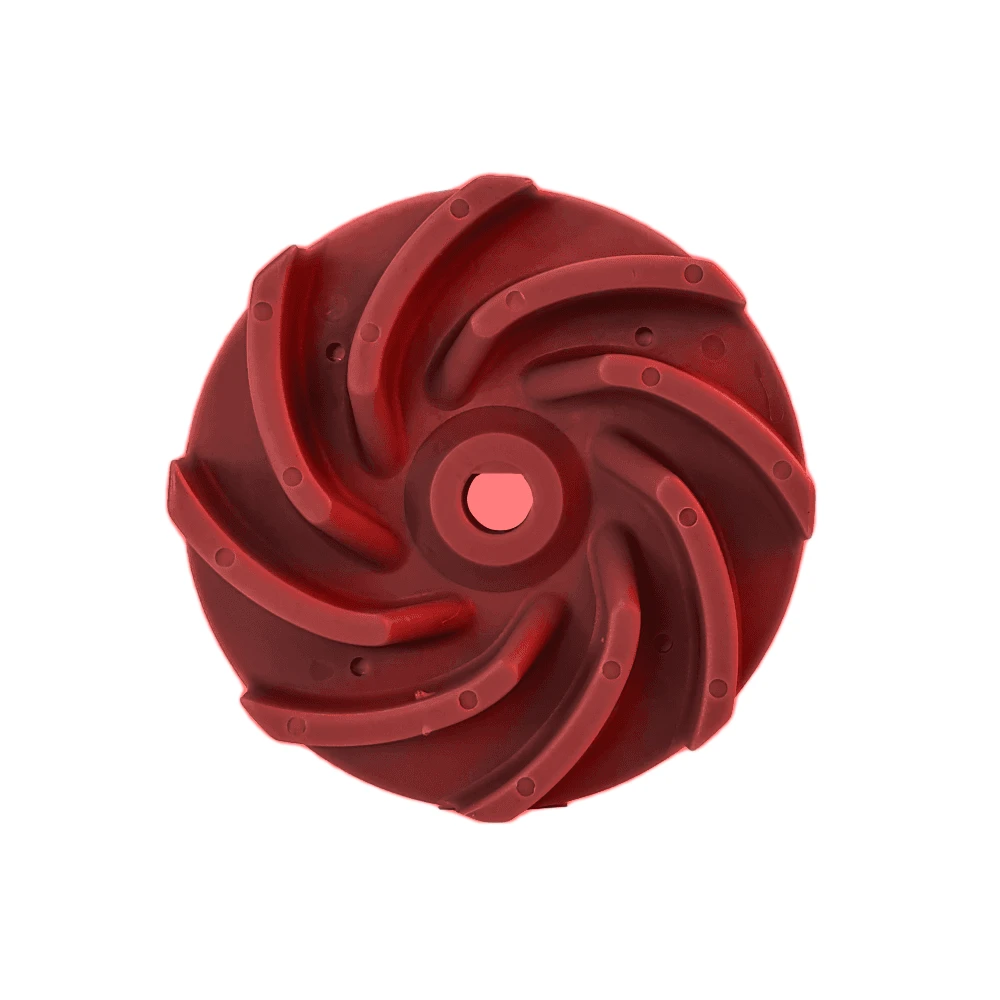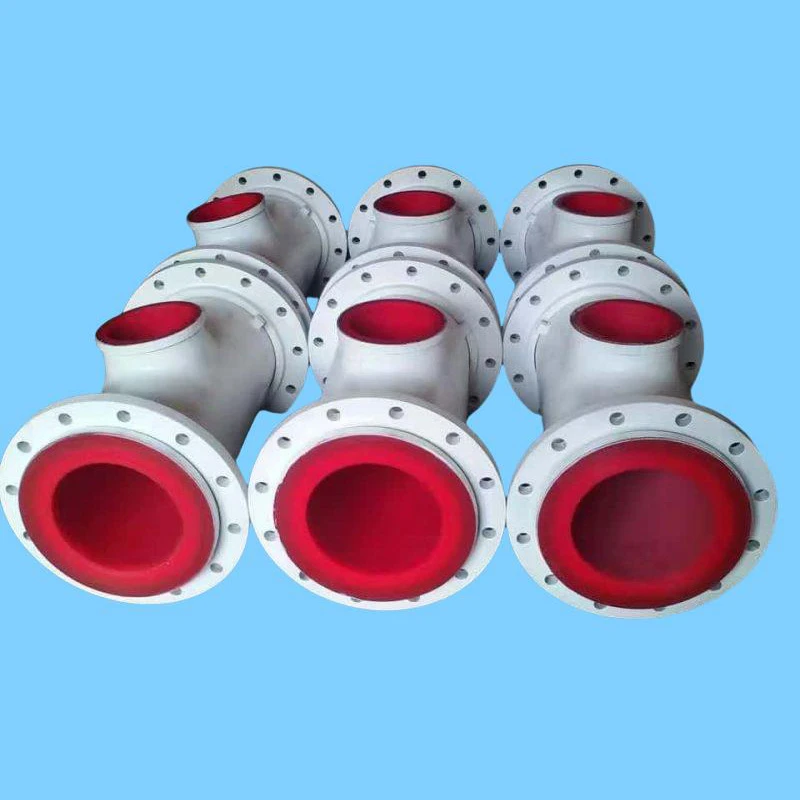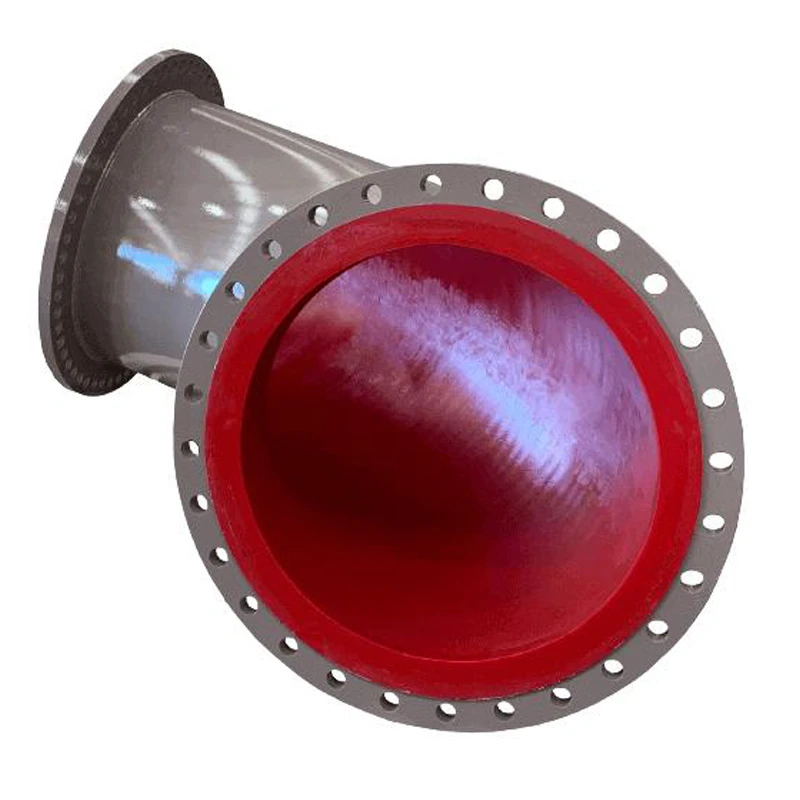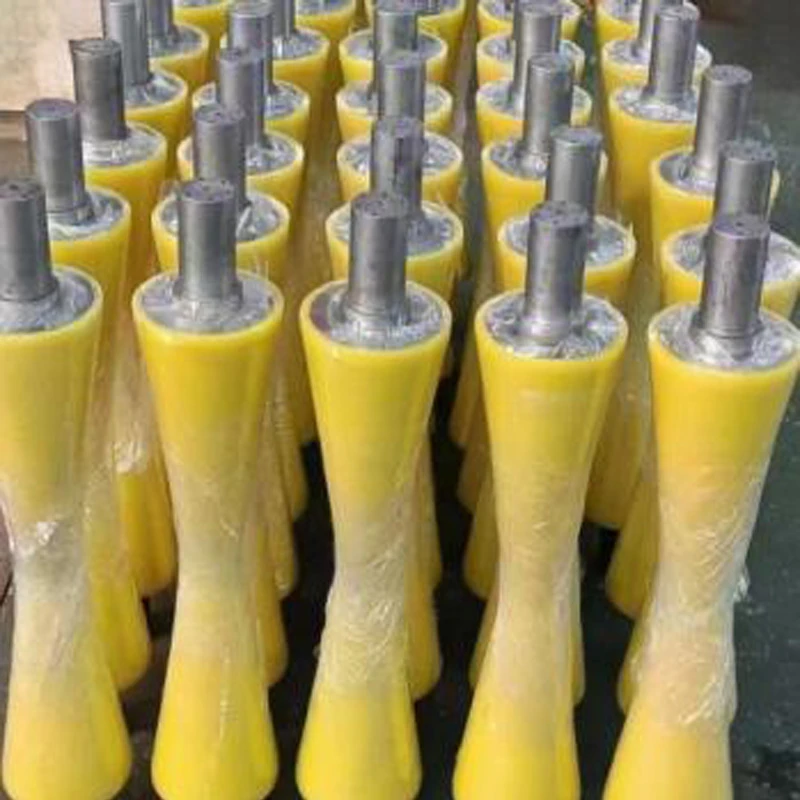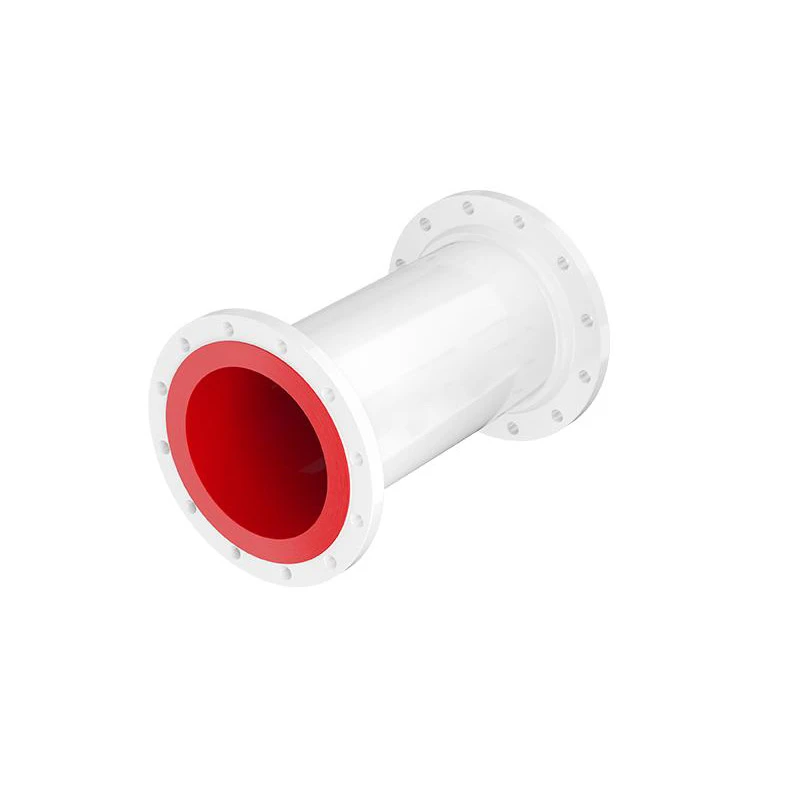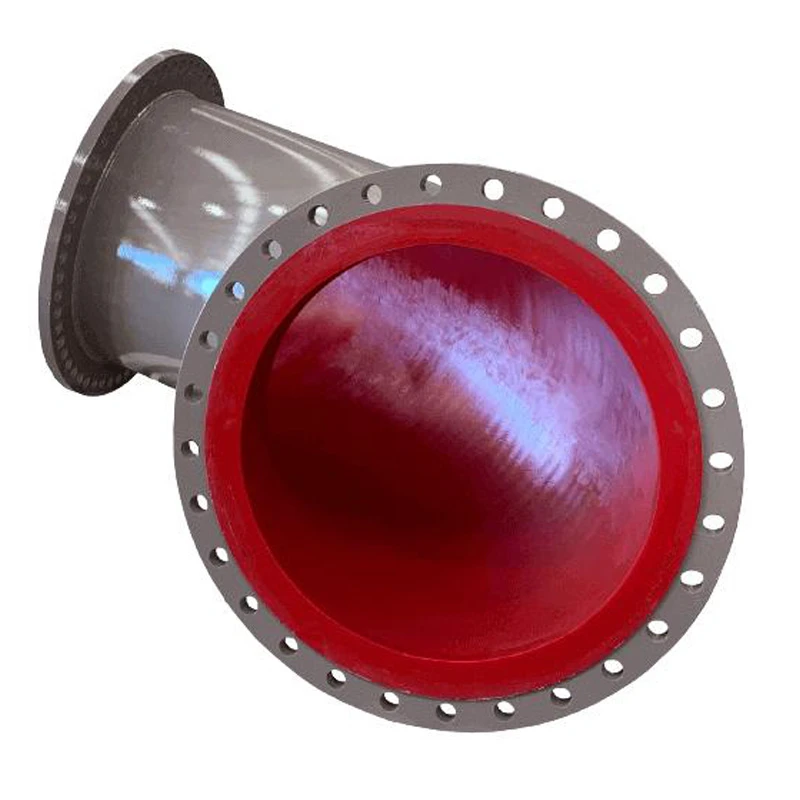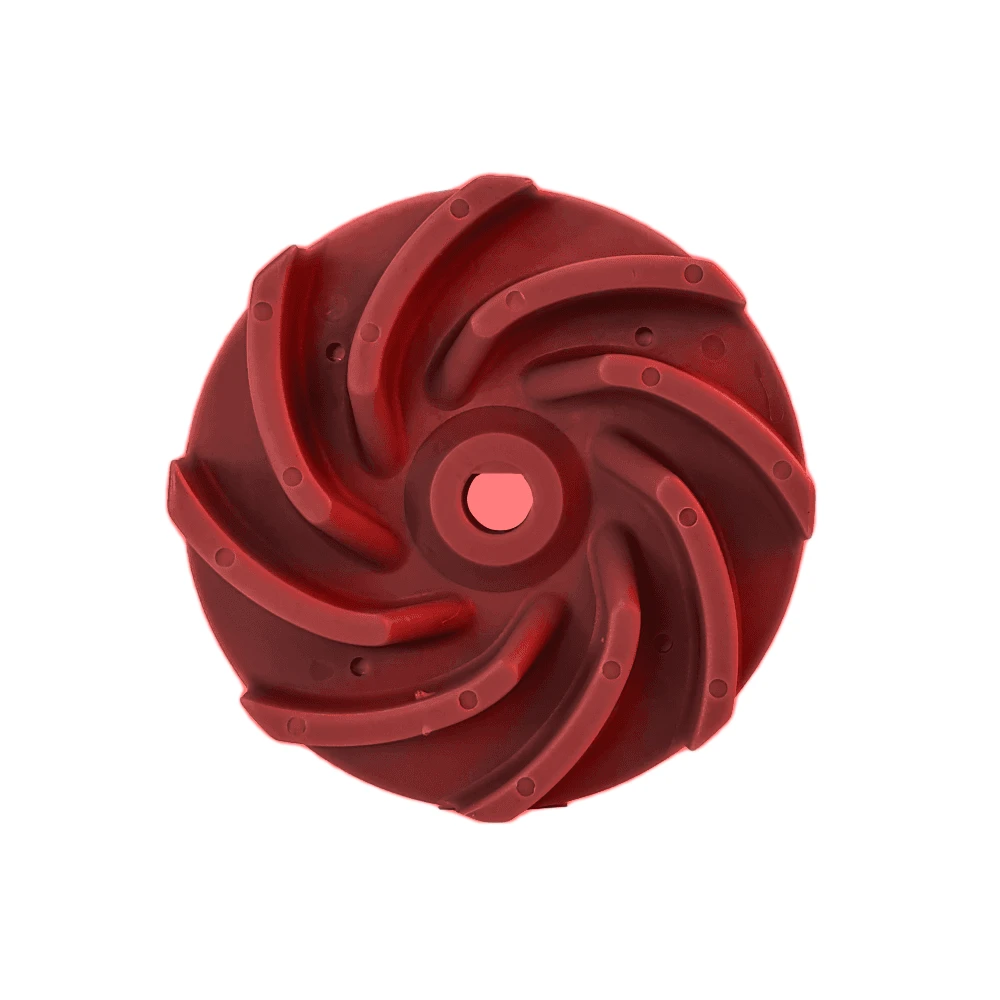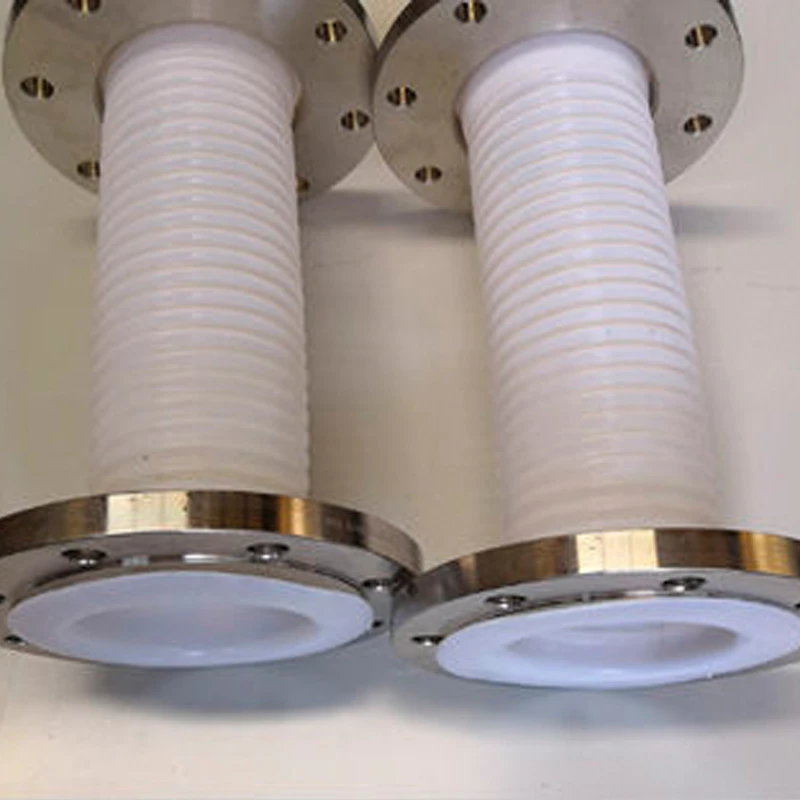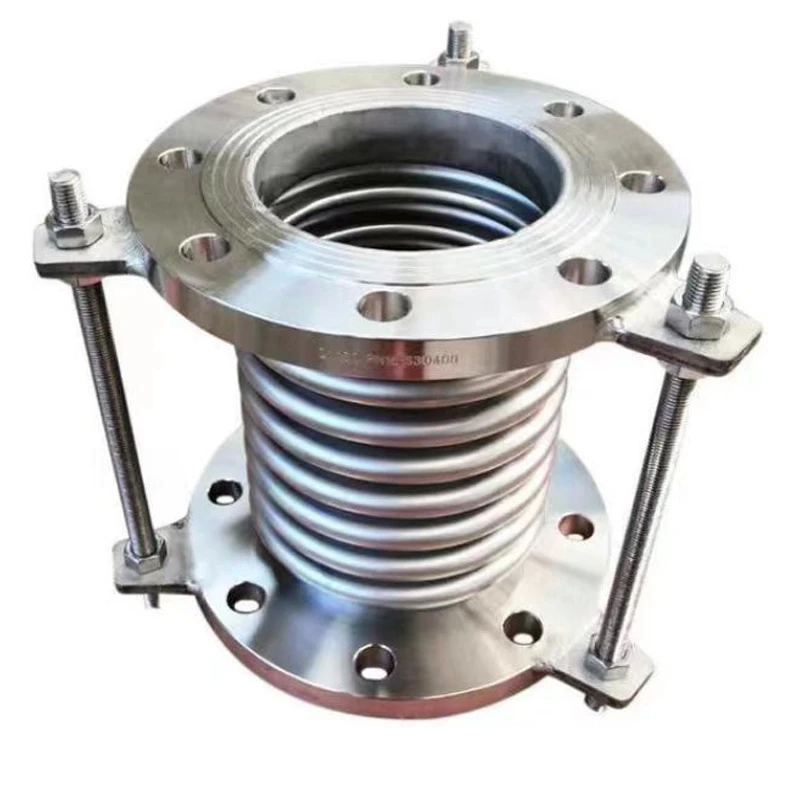PVC Coated Flexible Pipe Durable, Corrosion-Resistant & Flexible Solutions Shop Now
- Industry Insights: Growing Demand for PVC Coated Flexible Pipes
- Technical Superiority: Engineering Breakthroughs
- Manufacturer Comparison: Performance Metrics
- Customization Strategies: Tailored Solutions
- Application Case Studies: Real-World Implementations
- Installation Best Practices
- Why PVC Coated Flexible Pipe Dominates Modern Infrastructure
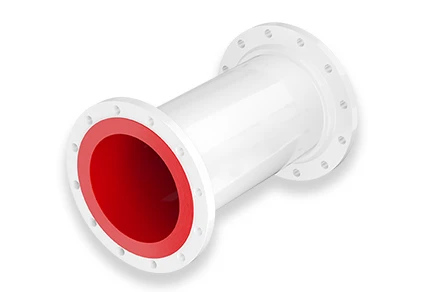
(pvc coated flexible pipe)
Industry Insights: Growing Demand for PVC Coated Flexible Pipes
The global market for PVC coated flexible pipes is projected to grow at 6.8% CAGR through 2030 (Grand View Research). This surge stems from increased adoption in chemical processing (+22% since 2018) and renewable energy systems. Unlike traditional metal conduits, PVC-coated variants reduce installation costs by 40% while maintaining 300+ PSI pressure tolerance.
Technical Superiority: Engineering Breakthroughs
Modern PVC coated metal flexible conduit combines:
- Triple-layer polymer coating (0.8-1.5mm thickness)
- Galvanized steel core with 360° spiral reinforcement
- Temperature resistance from -40°F to 212°F
Independent tests show 82% better corrosion resistance versus uncoated alternatives after 5,000 salt spray hours.
Manufacturer Comparison: Performance Metrics
| Brand | Price/ft | Max Pressure | Bend Radius | Certifications |
|---|---|---|---|---|
| FlexArmor Pro | $3.20 | 450 PSI | 4.5x OD | UL, CSA, NSF |
| PolyGuard V2 | $2.85 | 380 PSI | 5x OD | CE, RoHS |
| SteelFlex Ultra | $3.60 | 500 PSI | 3.8x OD | ATEX, ISO 9001 |
Customization Strategies: Tailored Solutions
Leading suppliers now offer:
- Variable diameter options (1/4" to 12")
- Custom UV-stabilized compounds (tested for 15+ years sunlight exposure)
- Anti-static formulations (surface resistance <10^4 Ω)
Aerospace applications require specialized 0.03" wall thickness variants with ±0.002" tolerance.
Application Case Studies: Real-World Implementations
Case 1: Solar farm installation used 8 miles of PVC conduit flexible pipe with 2.5" diameter, reducing cable abrasion incidents by 73% versus previous galvanized systems.
Case 2: Automotive paint shops implemented anti-chemical conduits, extending maintenance cycles from 6 to 18 months.
Installation Best Practices
Key guidelines for PVC coated flexible pipe deployment:
- Maintain minimum bend radius (3x OD for dynamic applications)
- Use stainless steel clamps every 24"
- Allow 2% linear expansion margin
Why PVC Coated Flexible Pipe Dominates Modern Infrastructure
With 58% market share in industrial fluid transfer systems (Frost & Sullivan 2023), PVC coated flexible pipes deliver unmatched cost-performance ratios. Recent advancements in polymer chemistry enable 35-year service life certifications, making them essential for sustainable infrastructure projects.
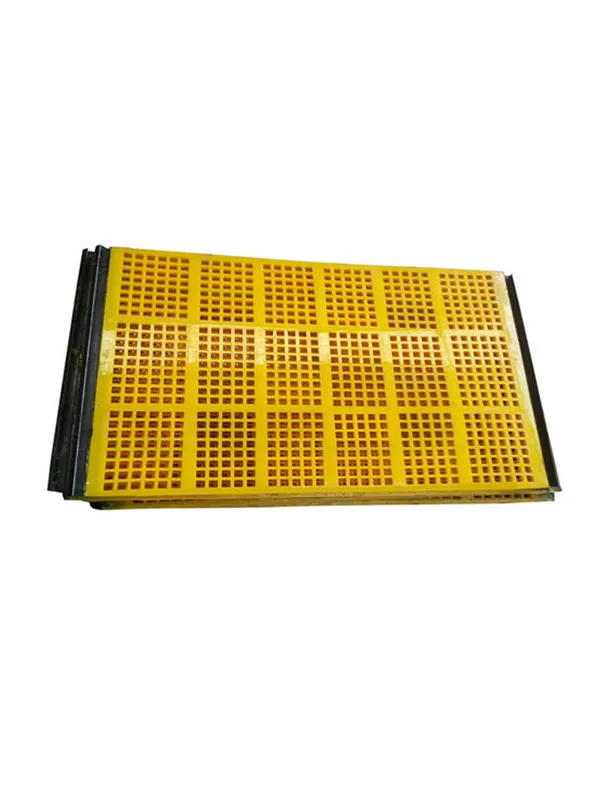
(pvc coated flexible pipe)
FAQS on pvc coated flexible pipe
Q: What are the primary applications of PVC coated flexible pipe?
A: PVC coated flexible pipes are widely used in electrical wiring protection, underground cable installations, and industrial machinery. Their corrosion-resistant PVC coating ensures durability in harsh environments. They also provide flexibility for routing in tight spaces.
Q: How does a PVC coated metal flexible conduit differ from standard PVC pipes?
A: PVC coated metal flexible conduit combines a metal core with an outer PVC layer, offering superior strength and corrosion resistance. Unlike standard PVC pipes, it provides enhanced protection against physical damage and electromagnetic interference. This makes it ideal for heavy-duty industrial applications.
Q: Can PVC conduit flexible pipe withstand extreme temperatures?
A: PVC conduit flexible pipes typically handle temperatures between -10°C to 60°C (14°F to 140°F). Prolonged exposure to higher temperatures may weaken the PVC coating. Always check manufacturer specifications for specific thermal limits.
Q: Is PVC coated flexible pipe suitable for outdoor use?
A: Yes, the PVC coating provides UV resistance and waterproofing, making it ideal for outdoor and wet environments. It protects against moisture, chemicals, and abrasion. Ensure joints are properly sealed to maintain integrity.
Q: What standards apply to PVC coated metal flexible conduit installations?
A: Common standards include UL 360, NEC Article 350, and IEC 61386 for electrical safety and performance. Compliance ensures fire resistance, mechanical strength, and environmental suitability. Always verify local regulations before installation.
Related Products
Our main products are polyurethane lined pipes, mining equipment fittings and metal hoses.




